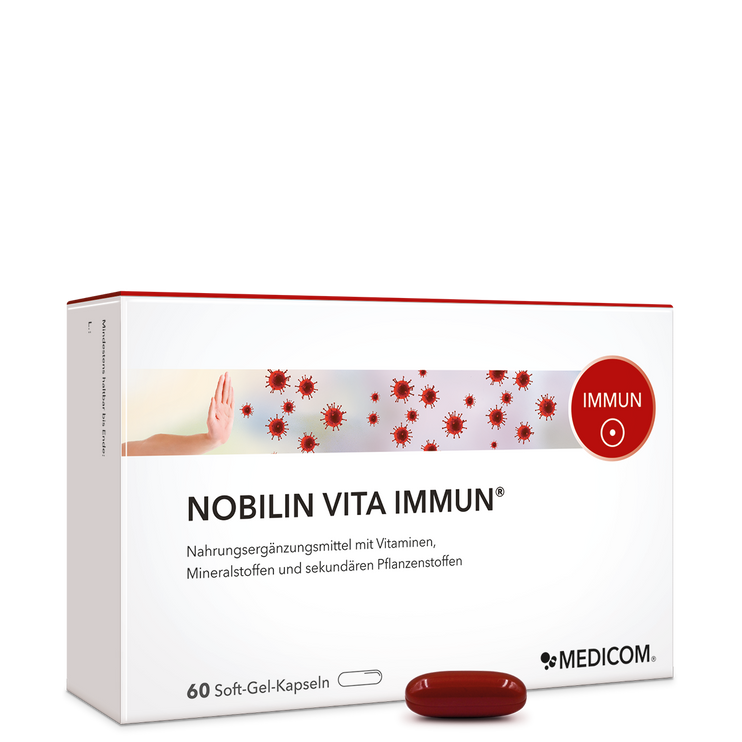As a fat-soluble vitamin, vitamin A is stored in the liver. The body obtains some of the vitamin A from animal fats. It produces certain amounts in the intestine from beta carotene and other carotenoids. Vitamin A is present in the body in various chemical compounds, the so-called retinoids. This term is derived from the meaning of the vitamin, because itparticularly common in the retina(retina) of the eye.
What functions does vitamin A have?
This important vitamin ensuresVisual acuity, healthyskinand an intactimmune systemOur body needs a sufficient amount of vitamin A to prevent eye and skin problems and infections.
Use of vitamin A
Vitamin Asupports the eyeto adapt from bright light to darkness. This preserves night vision. In many developing countries with severe vitamin A deficiency, the addition of vitamin A can help to prevent the widespreadEye disease xerophthalmiabe alleviated.
Vitamin A is also aimportant component of the immune system, including the countless immune cells that protect the respiratory and digestive tracts and provide an important defense against disease. Resistance to infections such as sore throats, colds, flu and bronchitis can be increased with vitamin A supplementation.
Vitamin Amaintains the skin and mucous membranesthat line the respiratory and gastrointestinal tracts. Vitamin A also supports theFormation of bones and teethand is essential for normal reproduction. In addition, vitamin A promotes growth and development.
Which foods contain vitamin A?
Vitamin A is found mainly in fish, egg yolks, butter and offal such as liver (100 grams provide up to 40,000 micrograms). Yellow, orange, red and dark green fruits and vegetables contain large amountsBeta Caroteneand many othersCarotenoidswhich the body converts into vitamin A when needed.
Am I lacking vitamin A?
If just one of these points applies, your vitamin A supply could be too low:
Your diet is unbalanced.
You have an increased need, e.g. because you are pregnant.
You have poor memory capacity, e.g. due to alcohol abuse.
Your body may be less able to utilize vitamin A, e.g. due to a gastrointestinal disease.
How much vitamin A does the body need?
Daily dose of vitamin A in mg:
Source: DGE (simplified)
baby
Masculine
Female
0 - 4 months
0.5 0.5
4 - 12 months
0.6 0.6
Children
1 - 4 years
0.6 0.6
4 - 7 years
0.7 0.7
7 - 10 years
0.8 0.8
10 - 13 years
0.9 0.9
13 - 15 years
1.1 1.1
Teenagers and adults
15 - 19 years
1.1 0.9
19 - 25 years
1.0 0.8
25 - 51 years
1.0 0.8
51 - 65 years
1.0 0.8
65 years and older
1.0 0.8
Pregnant women from 4 months
1.1
Breastfeeding
1.5







